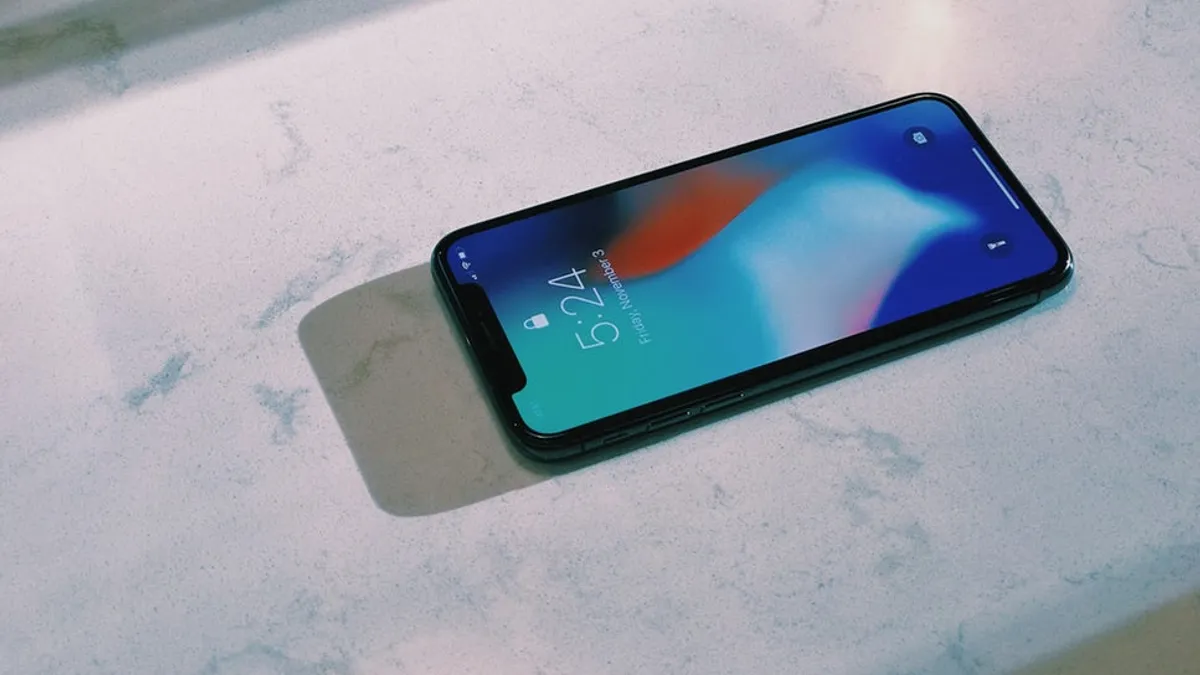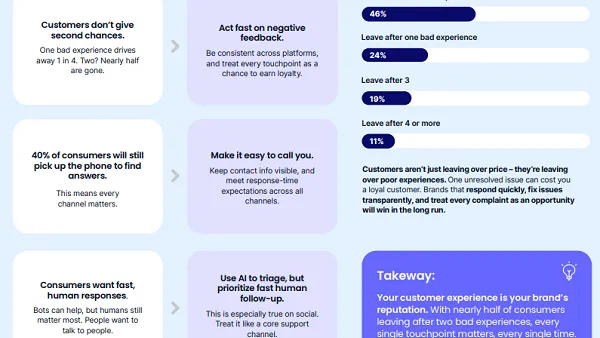Brief:
-
Apple is said to be the target of separate investigations by the Justice Department and the Securities & Exchange Commission for possible violations of securities laws after reluctantly admitting that it intentionally slowed older iPhone models in an update of its iOS mobile operating system, per Bloomberg. The company later apologized for its actions and cut the price of an iPhone battery replacement to $29 from $79 in an effort to win back customer trust.
-
Apple last week revealed plans for the spring release of iOS 11.3, which will have a feature to monitor iPhone battery health and recommend any necessary servicing. The update also will let customers see if the power-throttling feature is being used and switch it off, per The Wall Street Journal.
-
The iPhone maker also has scaled back ambitions for iOS 12, with Craig Federighi, Apple's senior vice president of software engineering, ordering his team to focus on performance and stability, per Axios. IOS 12 will include improvements to augmented reality and parental controls, while updates to in-car user interfaces and the home screen will be pushed to 2019. The company typically releases a new iOS in early fall.
Insight:
Apple deserves scrutiny for hubristic business practices that arguably deceived customers into thinking that their older iPhones were slowing down and needed to be replaced with a new model, such as the $999 iPhone X that went on sale in the fall. In classic corporate doublespeak, Apple claimed that its intentional practice of degrading the performance of older iPhones was needed in “a bid to deliver the best experience for its customers.” While it's not clear what the fed watchdogs are looking for, the SEC may fault Apple for failing to make timely disclosures about material information that would affect the stock price, per The Wall Street Journal. Apple may sell 16 million fewer iPhones this year, and lose $10.29 billion in sales, as customers choose to replace batteries instead of replacing their iPhones, investment bank Barclays estimated.
The news of the federal probes is another in a growing list of hits to the reputation of Apple CEO Tim Cook, who has supervised the world's most valuable company during a period of allegations of shoddy business practices as well as blown deadlines on delivering products such as the iPhone X and HomePod. The company may also have permanently forfeited its ability to be a leader in the market for voice-enabled digital assistants, now dominated by Amazon Echo and Google Home.
The iPhone X is likely to see sales momentum going into this year, per a forecast that mobile marketing platform Applovin shared with Mobile Marketer. Consumers aren’t intimidated by the starting price of $1,000 for a smartphone, as Applovin has seen in its tracking of iPhone X usage. Since the beginning of the year, iPhone X usage has grown by 51%, compared with 43% growth for the iPhone 8 and 38% gains for the iPhone 8 Plus as people started using their new phones after receiving them during the holidays.
All eyes will be on Apple on Thursday, Feb. 1, when the company reports the results from its first fiscal quarter and gives a first peek at sales of the landmark iPhone X. In a predictable routine, Wall Street’s tech stock analysts have scaled back estimates of shipments for Apple’s key product to give the company a lower bar to jump over. Apple plans to produce 20 million iPhone X units in the first half of this year, half of the 40 million originally expected, per an Nikkei Asian Review report that doesn’t name sources.














